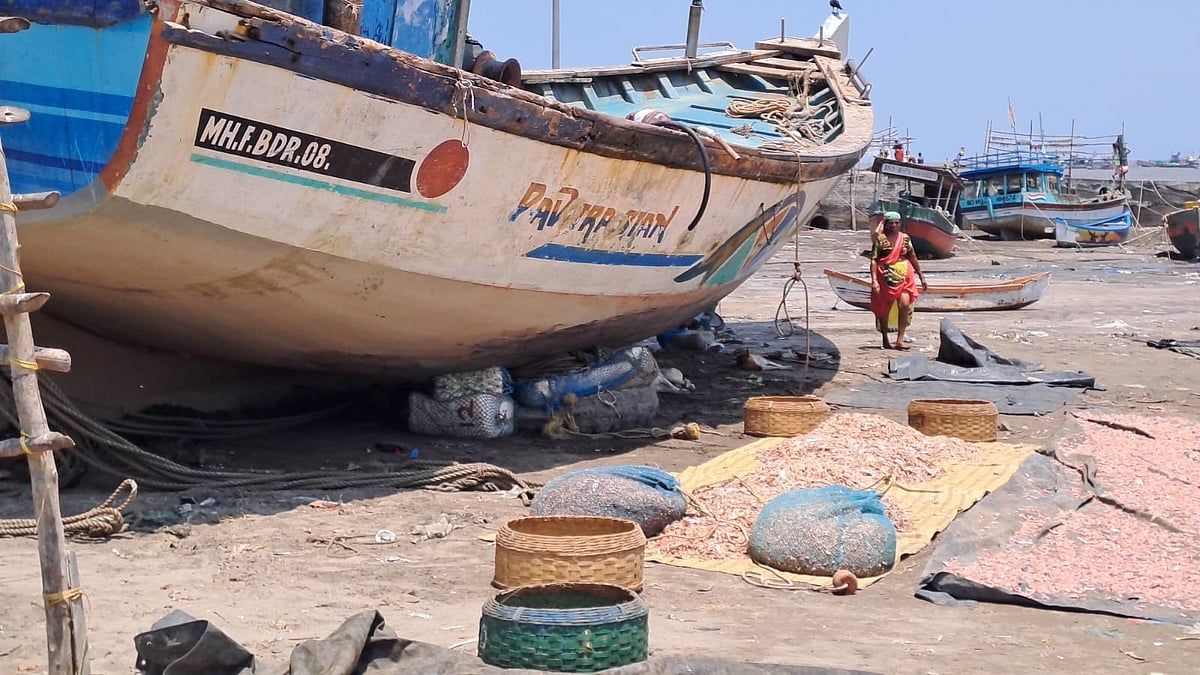The Maharashtra fisherfolk community has raised serious concerns over the state government’s recent notification granting agricultural status to the fisheries sector, calling it vague, deceptive, and lacking in meaningful relief for their livelihood.
On May 9, 2025, the Maharashtra government announced that fishermen would be granted agricultural status and provided with insurance benefits. However, the Maharashtra Machhimar Kruti Samiti (MMKS), a prominent body representing the interests of fishing communities, has criticized the notification as being unclear and inadequate in addressing their real issues.
According to the MMKS, the notification fails to specify whether the promised insurance coverage extends to fishing boats, equipment, or individual workers. This ambiguity, they argue, renders the benefits practically ineffective.
“The government’s intentions are questionable,” said MMKS General Secretary Kiran Koli. “Are these schemes meant to support us, or are they part of a systematic plan to destroy our livelihoods?”
The MMKS had earlier submitted a detailed memorandum on August 6, 2024, to the chairman of the Maharashtra Fisheries Policy Committee. The document outlined key demands, including the implementation of a natural disaster management policy and compensation for losses incurred during calamities — none of which were addressed in the recent notification, the association has alleged in its official media release issued on Wednesday May 14th.
Adding to their distress are large-scale infrastructure projects like the Versova-Palghar sea link and the coastal road, which, according to the MMKS, threaten to further displace fishing communities and shrink their access to the sea. The organization has demanded that the government reconsider the design and planning of such projects, ensuring that fisherfolk interests are prioritized.
“The government cannot claim to uplift us while simultaneously pushing us out of our seas,” Koli added.
The MMKS has called for immediate, concrete steps from the state, including transparent policies, clearly defined insurance schemes, and genuine dialogue with the fishing community.
